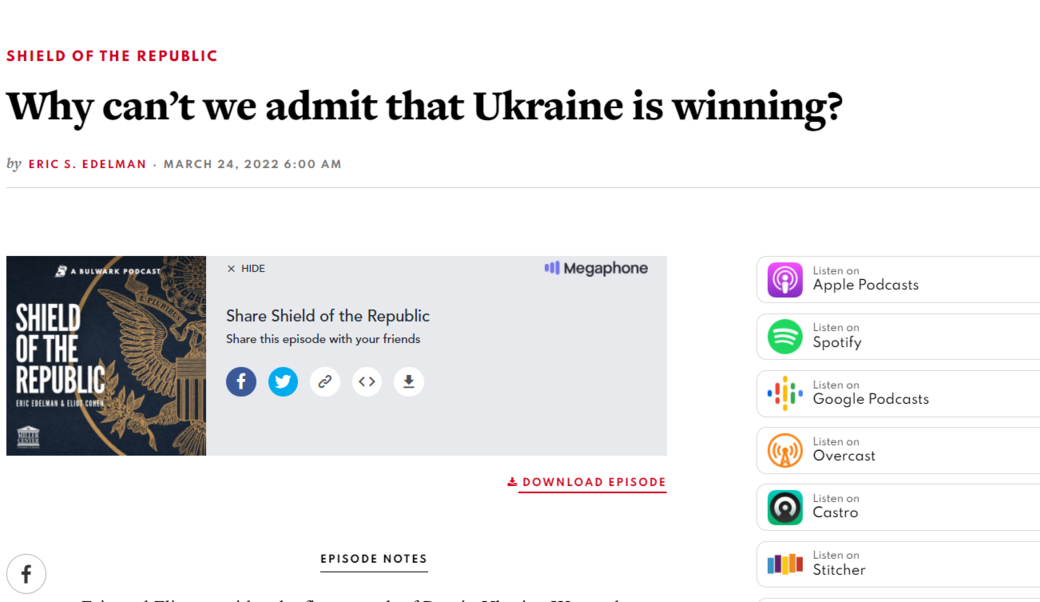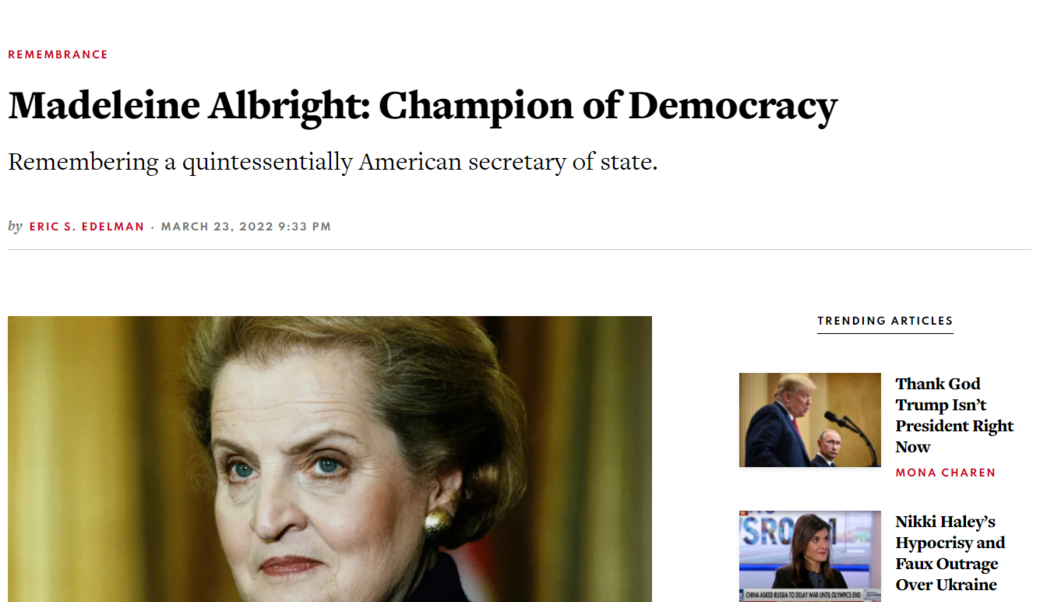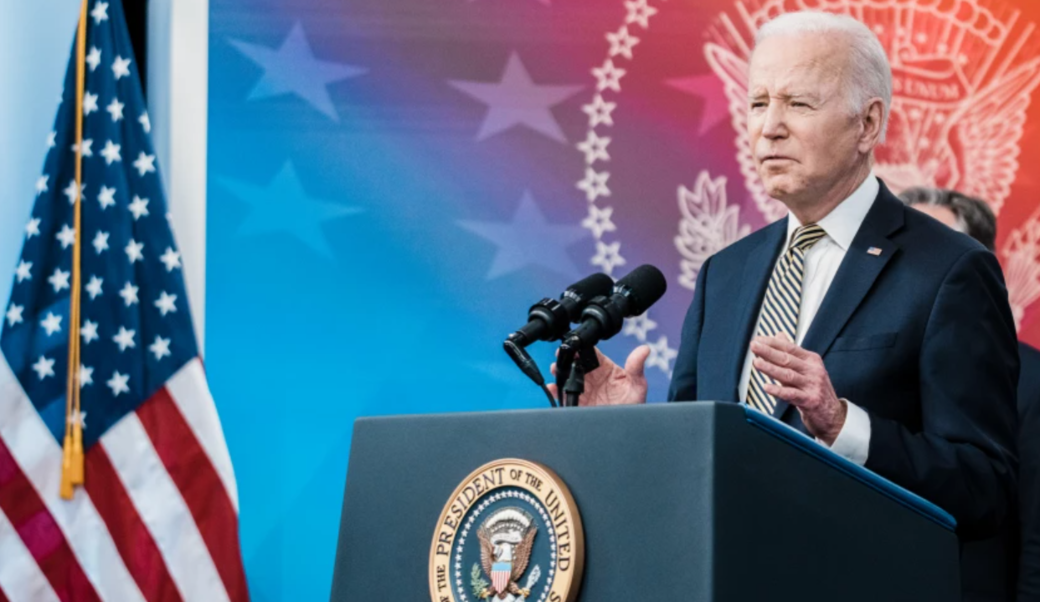Fast Facts
- Career minister in the U.S. Foreign Service
- Undersecretary of defense for policy in the George W. Bush Administration
- Ambassador to Finland and Turkey
- Recipient of Department of Defense Medal for Distinguished Public Service
- Expertise on defense policy, nuclear policy and proliferation, diplomacy
Areas Of Expertise
- Foreign Affairs
- American Defense and Security
- War and Terrorism
Eric Edelman, practitioner senior fellow, retired as a career minister from the U.S. Foreign Service in 2009, after having served in senior positions at the Departments of State and Defense as well as the White House. As the undersecretary of defense for policy (2005-2009), he oversaw strategy development as the Defense Department’s senior policy official with global responsibility for bilateral defense relations, war plans, special operations forces, homeland defense, missile defense, nuclear weapons and arms control policies, counter-proliferation, counter-narcotics, counter-terrorism, arms sales, and defense trade controls. Edelman served as U.S. ambassador to the Republics of Finland and Turkey in the Clinton and George W. Bush Administrations and was principal deputy assistant to Vice President Dick Cheney for national security affairs. Edelman has been awarded the Department of Defense Medal for Distinguished Public Service, the Presidential Distinguished Service Award, and several Department of State Superior Honor Awards. In January of 2011 he was awarded the Legion d’Honneur by the French government. In 2016, he served as the James R. Schlesinger Distinguished Professor at the Miller Center.





